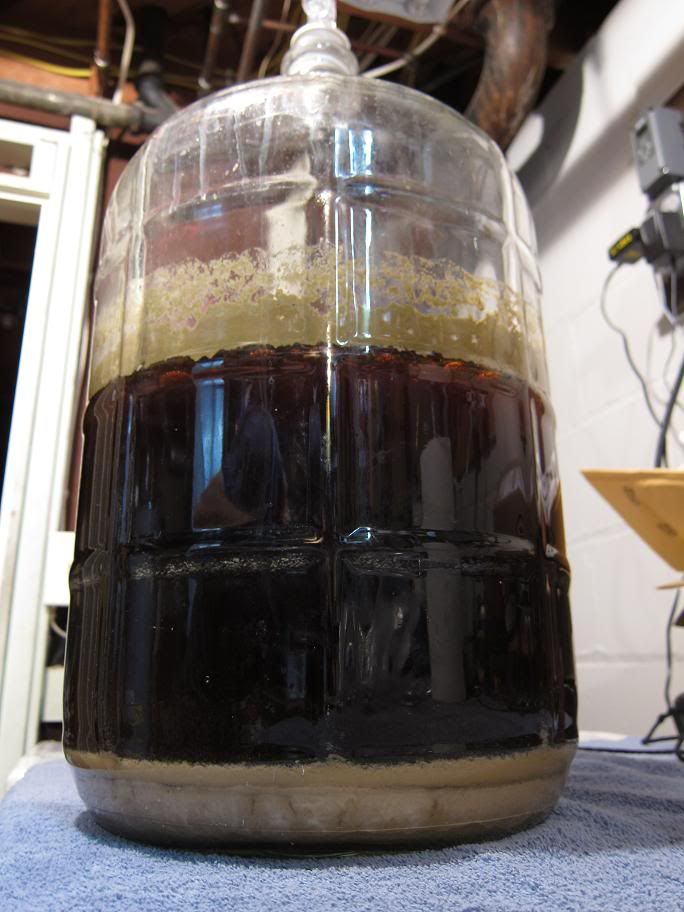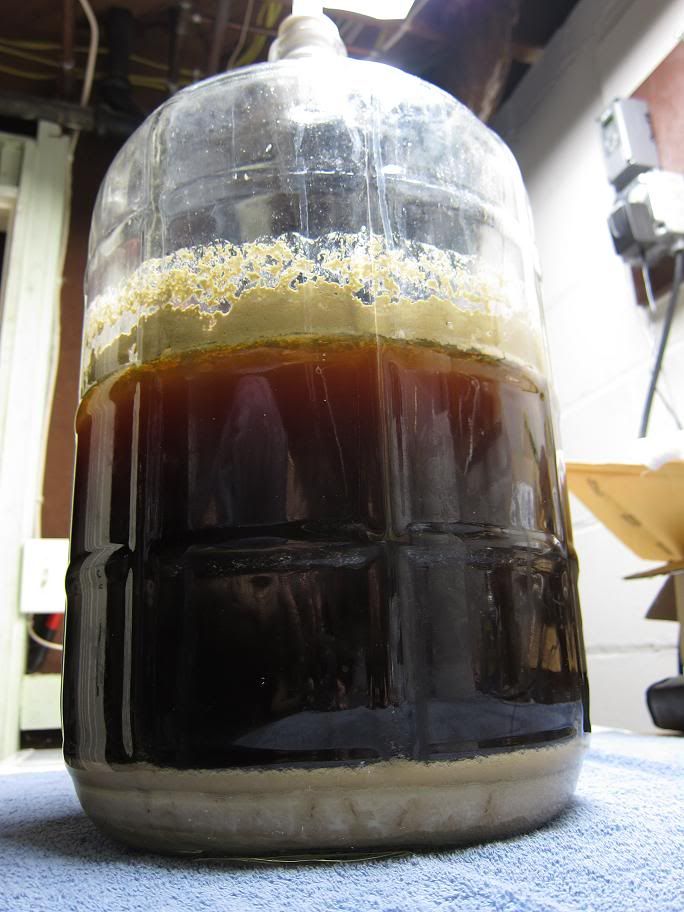thomasgorff
Well-Known Member
Hey I started a batch of irish stout on 1/11 and I am currently out of town so I cannot transfer it to a secondary. This has never been the case for me before so I am unsure about the length of time I can leave it in my primary without causing any undesired taste issues. My idea was that I would leave it in the primary for about 2 weeks, cold crash it for 2 days to get the clarity I am looking for and bottle. Since I have never cold crashed before, I was wondering what temp is desirable, and if I am bottling will the bottles still carb after the crash? Thanks in advance and all ideas or opinions are welcomed for what my best bet is.




